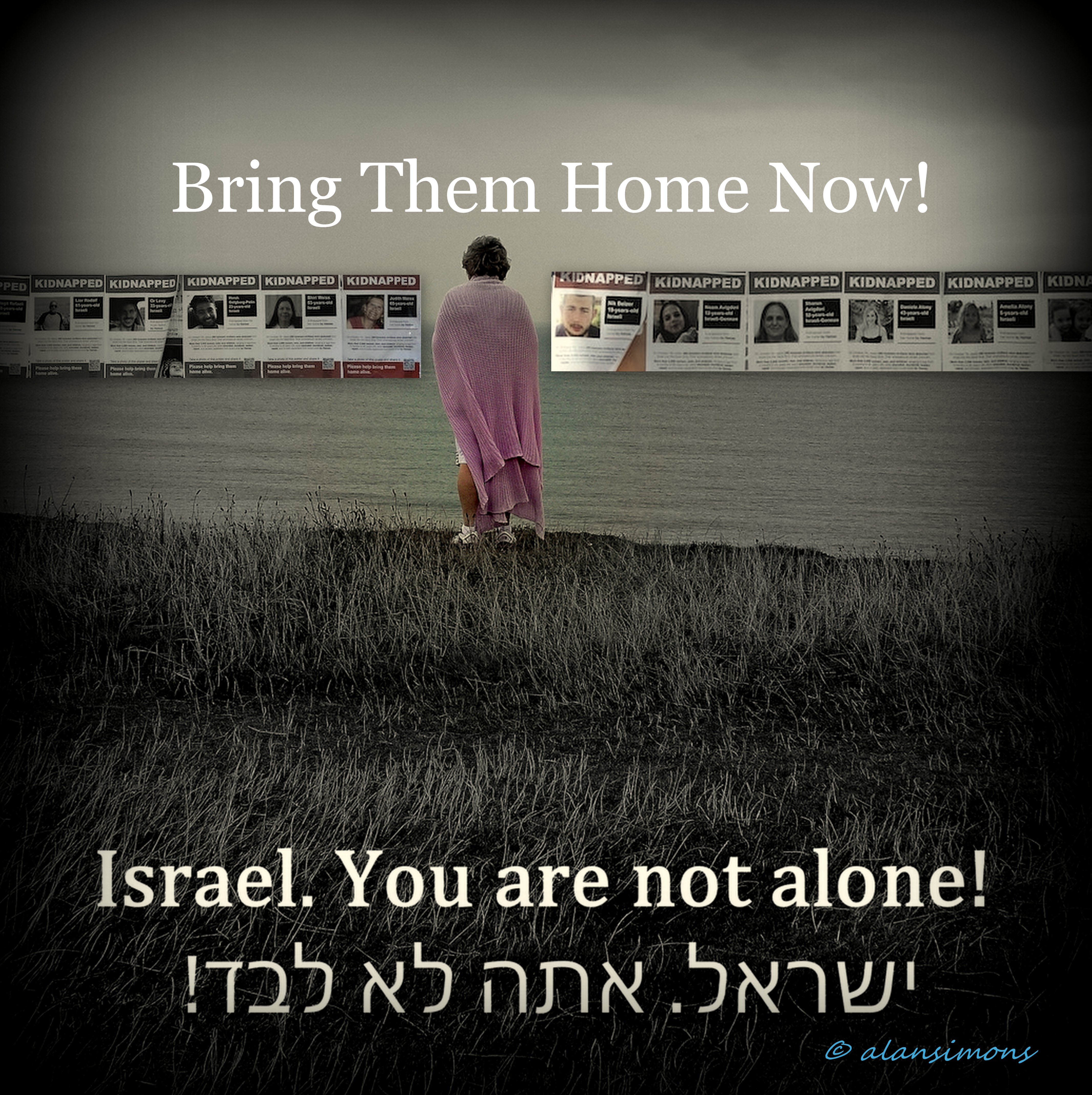“I will never regret getting old. I know too many people who never had that privilege.”
Comment

By Alan Simons
TORONTO. April 8, 2024 – Yesterday April 7. The day Rwanda commemorates Kwibuka, the annual commemoration of the genocide against the Tutsi. Kwibuka is the Kinyarwanda word for Remembrance. Yesterday, April 7, marks the 30th anniversary of the genocide.
The genocide where systematically over one million Tutsi were murdered by Hutu extremists during a 100-day killing spree that started on April 7, 1994.
It’s been said that sadness is but a wall between two gardens. At this solemn time, I express my wish that all of those who perished 30 years ago in the Rwanda genocide against the Tutsi, be remembered for the beauty and fragrance that grace our gardens today.
It was in 2019 in Rwanda that I attended the 25th Commemoration of the Genocide. To say the least, it was an utterly emotional and draining experience.
During my time in Rwanda, meeting the young and old, prosperous and poor, I experienced a bright future full of hope and energy for a peaceful and unified country.
Yet, the stories I heard first-hand from genocide survivors left me deeply moved.
I met one young man, a policeman, who 30 years ago fled as fast as his young legs could carry him holding the hand of his younger brother from the hordes of genocidaires, some with spears, and others with machetes, whose primary intention was to kill them. His younger brother couldn’t keep up with him resulting in the child’s violent murder, witnessed by his older brother.
A dear Rwandan friend took me to a school where 3,000 Tutsis had taken refuge only to find their genocidaires had succeeded in promising them a safe haven some distance away. It was not to be. Very few Tutsis survived.
I visited the Kigali Genocide Memorial where an estimated 250,000 Tutsis are buried. Freedom cannot be taken for granted. I was told in 2018 a grenade was thrown into the site.
As part of the Commemoration at a theatrical performance held at the Kigali Convention Centre, I attended a heart-rending play with young children brought to life the names and the lives buried behind the one million plus Tutsis murdered in just 100 days, including 300,000+ children, I repeat 300,000+ children, who were also killed.
“We speak life into the names of those no longer with us, so that they may live on forever, in defiance of the attempt to erase their existence through genocide,” were the words declared.
The relationship between the Holocaust and Rwanda’s genocide was felt by many attendees. During the performance I observed an Arab ambassador reaching out to offer the Israeli ambassador some water and some tissues. Never judge a book by its cover.
Yet now? Regarding the October 7, 2023 massacre initiated by psychopathic HAMAS terrorists towards Israeli and foreign citizens of numerous religions and the appropriate response by the IDF, and the hate and intolerance felt towards Jews, I question if such empathy would happen in today’s antisemitic climate.
Canada’s Governor General, as well as leaders of many countries, attended the 2019 Commemoration, including those from Belgium, the European Union, Ethiopia, Kenya, Chad, Republic of Congo, Djibouti, Niger and the African Union. Conspicuously absent, in the presence of any public acknowledgment, was a message from the United States.

Night Vigil at Amahoro National Stadium, Kigali, Rwanda, April 7, 2019. (ALAN SIMONS)
Later that night, thousands of Rwandans and foreign visitors in a symbolic Walk to Remember, in which I participated, from Rwanda’s Parliament to Kigali’s Amahoro National Stadium 30,000 people lit candles out of respect for the genocide victims.
Thirty years ago Amahoro National Stadium was the scene where over 5,000 Tutsis, sheltering in fear since the massacres began in Kigali, were shelled by the Presidential Guard.
In 2019, when I returned to Canada I asked myself what right did I have to write about such an experience. Who was I to write of such unthinkable acts of violence and cruelty, unequalled in modern history?
I have never witnessed killings or had my life threatened. As a Jew, I never lost immediate family members in the Holocaust, nor have I witnessed rape or sexual mutilation, or had to hide under corpses.
So, what authority gave me the right to write about this genocide, or to talk about Tutsis who survived after over a quarter of a century, and perhaps, just perhaps have been able to overcome their traumatic experiences and find hope in the future?
Today with the outpouring of antisemitism by the racists of this world, as a Jew, I must continue to stand in friendship, shoulder-to-shoulder with Rwanda. Both of us clearly understand the meaning of hate, intolerance, and genocide denial by our enemies.
For neither the Rwandan nor the Jew must forget. We can never be complacent. Deniers and hate mongers abound in countless societies, including many in my country, Canada.
For Rwandans, these insignificant bunch of mostly exiled educated misfit individuals, who band together like the Merry Men of Robin Hood’s day, continue to pronounce their zeal, hate, and intolerance of Rwanda’s current political and economic growth.
For Jews, we can clearly identify and be associated with what President Kagame of Rwanda had to say a few years ago:
“The world chose to watch as one million were being slaughtered. Victims were turned into perpetrators and justice was turned into a political tool. The world has shown us that we cannot afford not to fight. Do not be afraid to stand up for truth, justice, and for who we are. The only way to live in this world is to stand up for ourselves, stay true to who we are, and define our own destiny.”
Perhaps, more than anything, I believe it is these words that help bind Rwandans and Jews together in a mutual understanding.
As Jews, we must continue to stand with Rwanda. For both of us recognize the meaning of hate, intolerance, and genocide denial by our enemies. We must never forget our Rwandan brothers and sisters, nor the 95,000+ children who were orphaned, many of whom were so young that today they can’t remember the face of their mother or know their family name.

To quote Niyomufasha Deborah, at the time of my visit an 84-year-old Rwandan widow: “When we were alone after our families were killed, we had lost hope. But today we live in good conditions. Just having a good home in our old age, people who care for us, gives me hope that the future is bright. Dear young ones, you are all we have, we wish you everlasting peace.”
Nothing is more sacred than striving for an everlasting peace. Everlasting? For Rwandans and Jews everywhere. This is what we all wish for, is it not?
Elie Wiesel the Nobel Laureate and Holocaust survivor said, “To forget the dead would be akin to killing them a second time.”
Is it just by chance that the seventh day of the month in April 1994 and the seventh day of the month in October 2023, for both Rwandans and Jews, will never be forgotten?♦
Alan Simons can be reached at cjnonline@protonmail.com
The above article was also published in The Times of Israel and Substack


